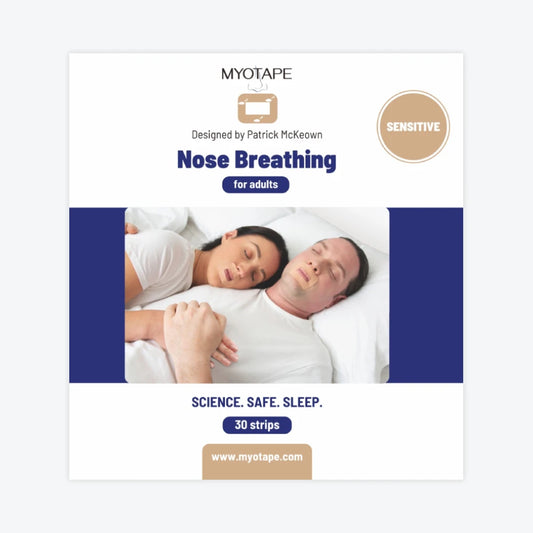Mouth breathing can have significant effects on oral health, particularly increasing the risk of periodontal disease. A 2018 study by Mummolo et al., aimed to evaluate the changes in the mouths of mouth breathers compared to nose breathers (control group). The study involved a total of 40 participants, with 20 of them identified as mouth breathers.
The researchers wanted to understand how mouth breathing affects oral health. They compared two groups of people: those who breathe through their mouths and those who breathe through their noses. The goal was to see if mouth breathing leads to more dental problems.
Key Findings from the Study
- Higher Plaque Index: Mouth breathers had a significantly higher plaque index (PI) compared to nose breathers. Plaque Index is a measure of the amount of dental plaque, which is a sticky film of bacteria that forms on teeth. High PI scores indicate poor oral hygiene and a higher risk of dental issues.
- Bacterial Colonies: Mouth breathers were found to have a significantly higher risk (four times more likely) of developing high levels of Streptococcus mutans (S. mutans) colonies, which are bacteria associated with tooth decay. Streptococcus mutans are bacteria that contribute to tooth decay by producing acids that erode tooth enamel. This significantly increases their risk of developing cavities.
What Does This Mean for You?
Periodontal disease, also known as gum disease, is an infection of the tissues that hold your teeth in place. It is usually caused by poor brushing and flossing habits that allow plaque to build up on the teeth and harden. The researchers concluded that mouth breathing increases the risk of developing periodontal disease. The lack of saliva due to mouth breathing makes it easier for harmful bacteria to thrive, leading to gum infections and other dental issues.
Saliva plays a crucial role in maintaining oral health. It helps wash away food particles, neutralizes acids produced by bacteria, and provides disease-fighting substances throughout the mouth. Mouth breathing often leads to a dry mouth because it reduces saliva production. This dryness can make the mouth more susceptible to tooth decay and infections.
Furthermore, the study found that mouth breathers had significantly higher PI scores compared to nose breathers. This means that mouth breathers are more prone to plaque buildup, which can lead to various dental problems. Lastly, mouth breathers were found to have a significantly higher risk (four times more likely) of developing high levels of S. mutans. This makes them more susceptible to cavities. Hence, it is imperative to avoid mouth breathing and protect your oral health.
However, you can prevent gum disease and dental problems by switching to nasal breathing with MyoTape. Our innovative mouth tapes, designed by author Oxygen Advantage, Patrick McKeown, encourages proper breathing habits, ensuring your mouth stays moist and healthy. Don't let mouth breathing compromise your oral health—visit our MyoTape shop to view our range of products. We have effective mouth tapes for adults, for kids, for sensitive skin, and for beards.
References:
Mummolo S, Quinzi V, Dedola A, Albani F, Marzo G, Campanella V (2020) Oral Microbiota in Mouth-Breathing Patients. J Oral Hyg Health 8: 259. https://www.researchgate.net/publication/344164518_Oral_Microbiota_in_Mouth-Breathing_Patients








